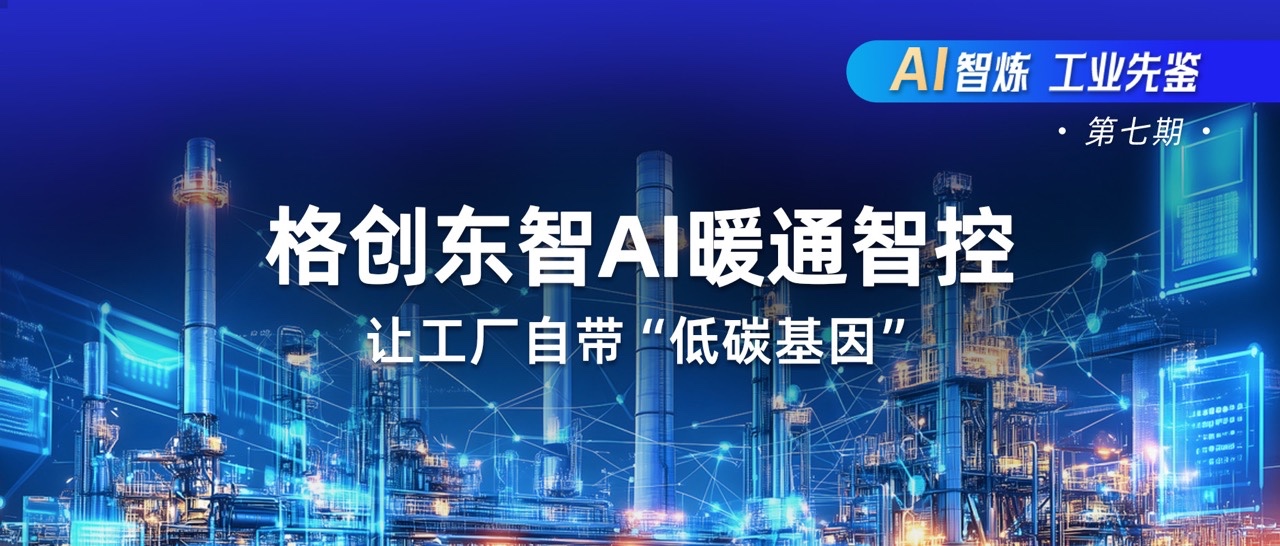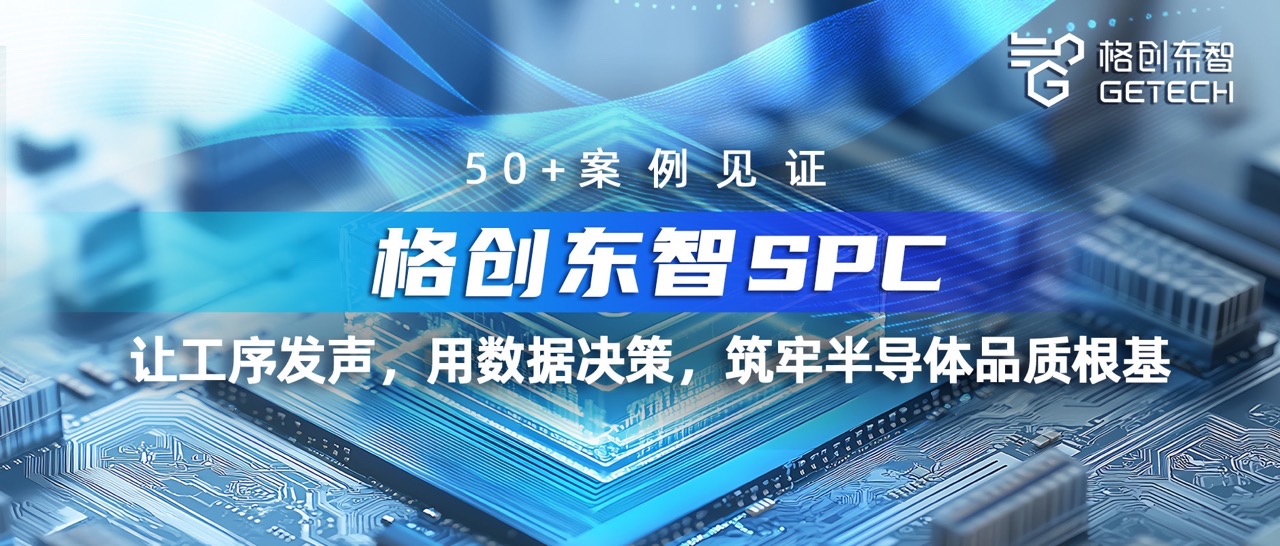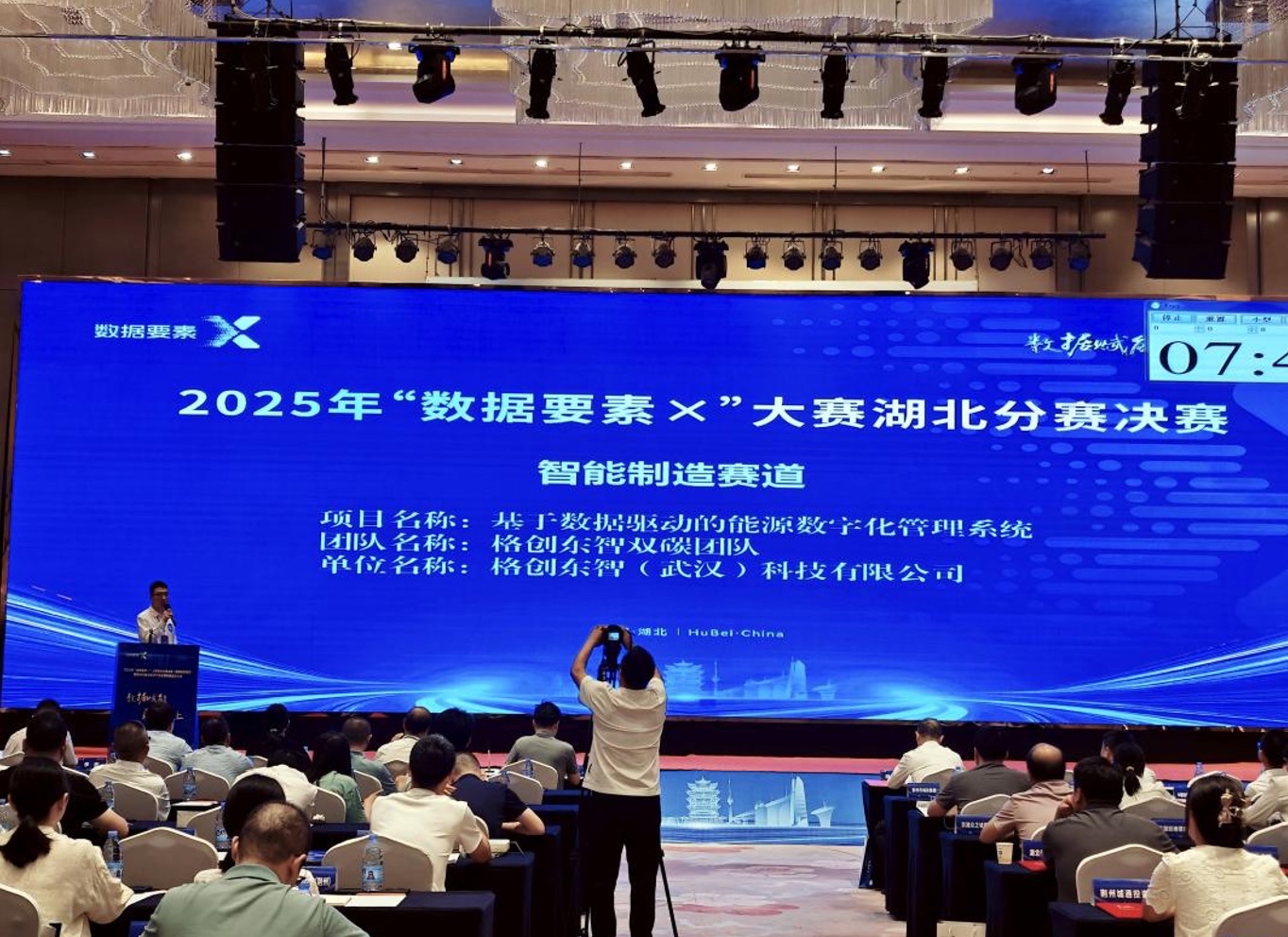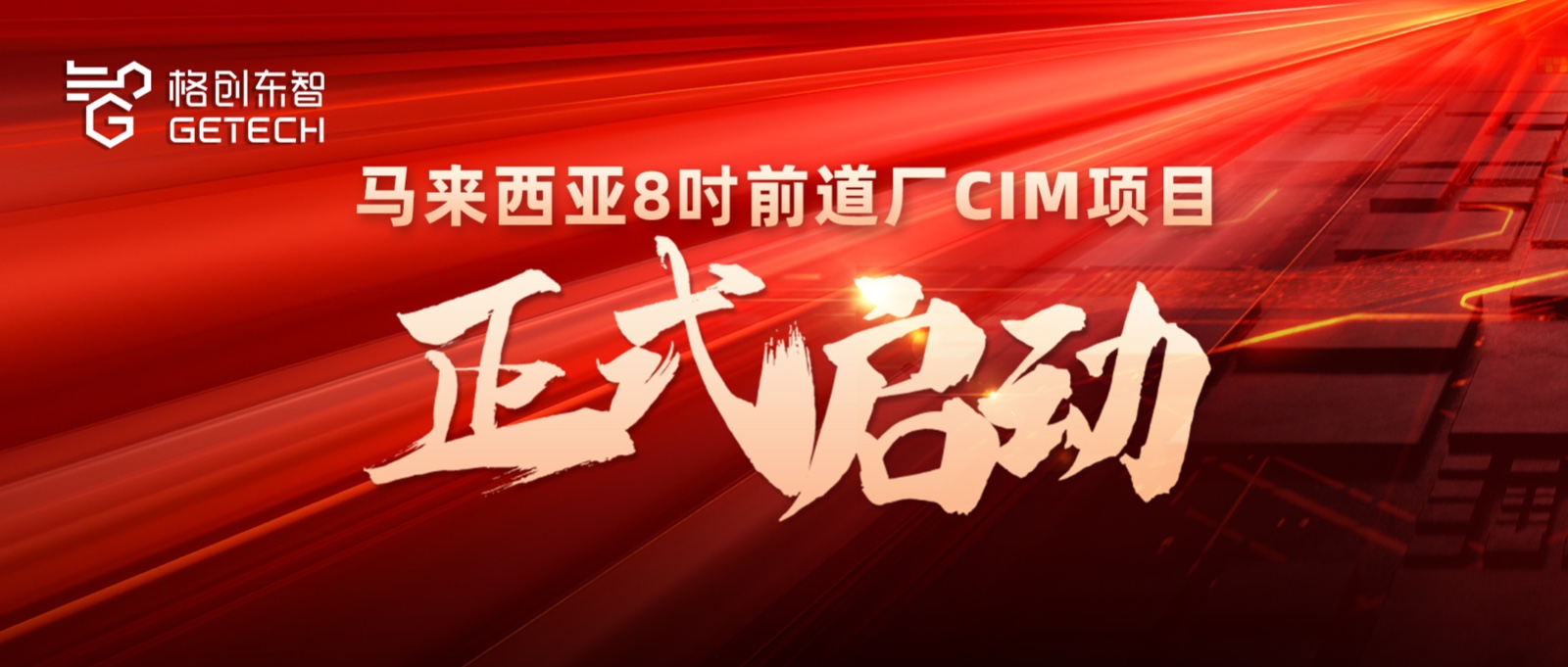Southern Daily Exclusive Interview with GTRONTEC CEO He Jun: Guangdong Manufacturing Digital Transformation Enters Deep Water Zone
*This article is reprinted from Southern Daily
On the smart production line in Shenzhen's Guangming District, model training engineer Liang Linping is feeding data to the algorithm model on the AI platform. Based on this AI platform, the artificial intelligence defect detection system jointly developed by GTRONTEC and TCL Industrial Research Institute has replaced 80% of manual inspection points on TCL Huaxing Photoelectric's production line, and compared to manual inspection, AI inspection speed has increased by 10 times.
The wave of digitalization is rolling forward. In May this year, GTRONTEC was selected as a national 'Cross-Industry Cross-Domain Industrial Internet Platform', becoming the only national dual-cross platform originating from semiconductor manufacturing.
“The biggest change in digital manufacturing over the past decade is the shift from informatization and automation to digitalization, from closed systems to integrated systems, from external driven to internal driven. Guangdong manufacturing dares to use new technologies to become a highland of innovation, leading the nation in the field of digitalization.”
Recently, GTRONTEC CEO He Jun accepted an exclusive interview with Southern Daily and Southern+ reporters, stating that Guangdong enterprises have passed the early stage of digital transformation and should now address the issues in the deep water zone. In the four years since its establishment, GTRONTEC has internally empowered multiple enterprises including TCL, generating tangible benefits of 230 million yuan for TCL Huaxing Photoelectric through digital technology applications, and externally exported digital capabilities to help more industries and enterprises enhance their smart manufacturing levels.
# Customer-Oriented to Address Uncertain Demands#
Southern+: GTRONTEC is the only national dual-cross platform originating from semiconductor manufacturing. How does the digital transformation and upgrading of this industry differ from other industries?
He Jun: The pan-semiconductor industry is quite different from other industries; it is known as the pearl on the crown of manufacturing. First, China's pan-semiconductor industry has considerable competitive advantages in the international market. To maintain these advantages, it must constantly洞察 market changes, develop and produce new products, and continuously improve product quality and reduce production costs. Therefore, it is motivated to actively try innovative applications of emerging technologies. Second, pan-semiconductor manufacturing processes are highly complex, generating massive amounts of data during production. Additionally, this industry has been highly automated from the start, with a very good informatization foundation. To achieve deep integration and analysis of vast data on a highly automated basis, enterprises need higher-level technologies. Furthermore, the pan-semiconductor industry has high requirements for production management systems, which means that technology companies serving it must not only have strong software technology capabilities but also a deep understanding of the entire production process to develop and implement products and solutions that are truly recognized by customers in this field.
Southern+: Which industries has GTRONTEC empowered so far? What challenges have you encountered during development?
He Jun: We have currently covered over 20 industries, including semiconductor, new energy, 3C electronics, smart cars, petrochemicals, aerospace, shipbuilding, pharmaceuticals, etc.
We have encountered many challenges. The first challenge is the lack of talent. Industrial internet platform companies are highly integrated, requiring not only knowledge of traditional industrial automation and industrial mechanisms but also understanding of IT, OT, and DT. Such复合型人才 are actually scarce in China. In recent years, we have been thinking about how to find such复合型人才. Currently, while cultivating such talents, we are also strengthening the integration and complementarity of team capabilities. The second challenge comes from the fact that the industrial internet industry is in a critical period of transitioning from initial exploration to scale development. The industry urgently needs to find a balanced development path between business models, product standardization systems, and customers' unclear demands, while firmly remaining customer-oriented and balancing such uncertain demands with their own commercial needs.
# Guangdong Manufacturing Digital Transformation is More About Process Change #
Southern+: In your opinion, what are the trends in Guangdong manufacturing digital transformation over the past decade?
He Jun: First, the integration trend in manufacturing is becoming more concentrated; second, a batch of leading manufacturing enterprises have entered a relatively mature stage of digitalization. The personnel driving digital development in leading enterprises have changed from original IT technicians to business personnel, with more top-level projects, and the internal driving force of enterprises is continuously strengthening. Digitalization is no longer simply informatization and automation; it has become more about process change and enterprise transformation.
Southern+: Under normalized epidemic prevention and control, what role can industrial internet play in the transformation and upgrading of manufacturing? Will the epidemic affect the pace of digital transformation?
He Jun: I think the core technologies of industrial internet platforms have played a very important role. First, industrial internet enables enterprises to strengthen and supplement chains. It allows enterprises to master more data to avoid future risks and make better strategic judgments. In the past, enterprises mastered internal operational data and production data; now it extends to upstream and downstream supply chains. This enables enterprises to examine their industrial chains, take measures against potential risk points, and address future uncertainties through investments and establishing closer ties with domestic upstream partners. Second, it helps enterprises have more弹性 and flexible production and planning capabilities, which is the core capability of Industry 4.0. Traditional make-to-stock manufacturing enterprises need to change their mindset to adjust production and supply based on customer demands.
The epidemic will make the pace of digitalization faster and more firm. Visionary entrepreneurs will definitely think more about how to use new technological means to accelerate change and seize opportunities from the crisis.
Taking GTRONTEC as an example, we have been deeply cultivating the pan-semiconductor and new energy industry chains, which are currently key industries for national development. Under the epidemic, these two industry chains have反而 brought us great opportunities. Additionally, we insist on serving large leading enterprises and then empowering small and medium-sized manufacturing with excellent and rich digital experience. We have also noticed that under the epidemic, truly competitive large manufacturing enterprises will only become stronger and continuously increase digital investments.
# Increase Cultivation of Domestic Industrial Software Giants #
Southern+: What deep water zone issues should Guangdong enterprises address now in digitalization?
He Jun: From the perspective of leading manufacturing enterprises, we find that the core issue manufacturing encounters in digital promotion over the years is the change in production management methods. In the early stages, we could quickly围绕 some business scenarios, import some new products and solutions with new technologies, and quickly achieve benefits. But after a certain stage, if we want to go further, it inevitably involves changes in production management methods. Originally, we might have focused on factory production as the core, but now that our factory digitalization has entered the middle stage, we need to use sales demands and customer demands to accelerate the speed of factory change. Behind this, it actually involves strengthening the digital concepts of organizations and people.
Southern+: In the process of manufacturing digital transformation, in what aspects does Guangdong still need to improve?
He Jun: First, I think the Guangdong government should further increase support for emerging industries. Like the investment characteristics of semiconductor and new energy industries, they require the state and government to play a very key continuous role in promotion. Second, Guangdong needs to cultivate its own true industrial software giants to promote the industrial upgrade of Guangdong manufacturing. Drawing on past experiences from Europe and the United States, industrial software giants are one of the key forces helping to提升 national manufacturing. Therefore, I believe Guangdong needs its own industrial software giants and should focus on supporting them through various forces to allow them to develop.
[Reporter] Bin Hongxia Xu Ningning
[Intern] Lu Tian'ai
[Photography/Videography] Shi Lei
[Intern] Hu Ke





